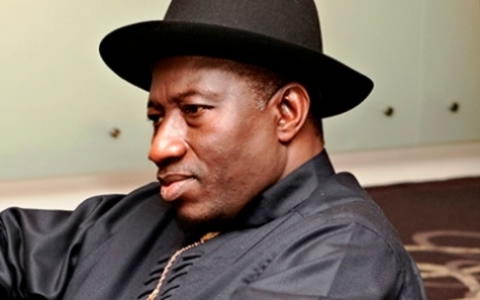Nigerian lawmakers on Wednesday began debating President Goodluck Johnathan’s request for a six-month extension on the state of emergency imposed a year ago in three north-eastern states most affected by lethal violence. The international community watches on in eager anticipation of Nigerian action as more than 200 schoolgirls kidnapped by Boko Haram have been in captivity for over a month now. 223 of the 276 schoolgirls abducted from the town Chibok in the state Borno on April 14th are still missing. Nigerian senators summoned the ministers of Defense and Police Affairs, security chiefs and military chiefs, to advise them on the application to extend the state of emergency, as the issue will be discussed in the House of Representatives on Thursday. The request needs to be approved by two-thirds of both houses. According to Senate majority leader Victor Ndoma-Egba, “It is the tradition of the Senate to appraise and assess the performance of the state of emergency before we debate”. Jonathan has been facing calls to look into a negotiated settlement with the terror outfit given the lack of progress in curbing the violence since the state of emergency was imposed on May 14th last year. All initial gains made by troops in the states of Yobe, Adamawa and Borno, using tighter security, curfews and cutting off mobile phone networks, seem to have been lost as well. The attacks have particularly increased in frequency in rural areas, leading to a large number of civilian casualties – an estimated 1,500 people have been killed this year so far. Analysts say that Nigeria needs to improve its counter- insurgency tactics and include more intelligence as opposed to just conventional methods of fighting guerrilla forces. On Monday, General David Rodriguez, The head of the US Africa Command, met with top leaders in Nigeria to discuss the rescue operation and overall military co-operation.

 The Arab Democrat The Latest From The Arab World
The Arab Democrat The Latest From The Arab World





